this Elizabeth Kolbert series about extinction is BLOWING MY MIND. I think this is the most important thing I have read since I learned how to read. It is actually amazing because just a few weeks ago we were wondering suddenly about what ancient people thought when they found fossils. Like, did the Greeks find a gigantic femur bone and then that’s why they thought there used to be giants? And like, why didn’t the Greeks or the Egyptians have exhibits of the enormous bones they no doubt must have come upon periodically? Wouldn’t they have found them intriguing and amazing? If living animals from elsewhere caused such a stir (e.g. elephants brought to Europe from India and everyone freaking out) wouldn’t these bones of never-before-seen creatures be similarly interesting? I still don’t know the answer, but Kolbert’s article does talk about the first time people realized there was this concept of “extinction,” of living things that no longer exist, or, in the words of this amazing dude Georges Cuvier who discovered extinction in 1796 or something, of “a world previous to ours.”
It makes SO much sense that this is when extinction was discovered as a thing. I love finding this out! Because this is the period that I’m always arguing (and I mean, not just me, but real scholars too) is sort of uniquely obsessed with teleology, with beginnings and endings. Like, they were all so engaged by the theory of evolution, of life itself having a beginning and then a process of change and then a reached goal. And so it makes sense that extinction as a theory emerges around the same time! Ultimate teleology. So according to Kolbert, for a long time whenever people found, like, a mammoth skeleton or something, they didn’t really conceptualize it as being an animal that no longer existed. It was just a crazy-ass animal that no one had ever seen before, but, the world being so gigantic, it didn’t really occur to them it was a relic of a past more ancient than they were able to conceive. Never forget that people only figured out that the Earth wasn’t thousands of years old but BILLIONS in I think the early 19th century? Maybe late 18th. So like if you’re Aristotle and you find a T-Rex skeleton, you’re just like, whoa, look at the bones of this monster! Maybe these are the bones of a god or something! You aren’t like, maybe this was a creature who used to populate the earth before humans existed. “Before humans existed” was certainly not “a thing” until extraordinarily recently. If you ask a flashlight to tell you which things have light on them, it will say “everything.”
So my mind is totally blown and I have a new research topic. First of all, how did this guy Cuvier figure all this stuff out?? How are people so goddamn intelligent? Just this one guy, poking around in limestone caves or whatever, in freaking Revolutionary France, and actually FIGURING OUT that the Earth has had all these epochs, and that the further down you dig, the weirder the creatures are whose bones you find fossilized in there. So up near the surface you have mammoths and cave bears and stuff and you are like, these are just crazily big versions of stuff we already know about. But then the lower you go, you’re getting, like, ichthyosaurs and T-Rexes and you are like, wow, these guys are fucking enormous, and there’s NO MAMMALS AT ALL? But still these are just giant lizards, we know about lizards. And then you go further down and you get weird stuff that no longer bears a resemblance to anything. Trilobites and what-not. And this guy Cuvier figured all that out, just by poking around and looking at drawings. Pretty astounding. He is the guy who discovered all our beloved dino-pals and gave them their names! He made up “pterodactyl” (winged finger) and “plesiosaur” (does that one mean “almost lizard” or something?), and he discovered something in France he claimed was a marsupial, and everyone was like, there’s no marsupials in France YOU FOOL, and so he concocted this huge media circus where he claimed he would prove it was a marsupial in front of everybody by discovering a certain bone right there in the dirt? Or something. And he did! This guy was legendary.
But so part 1 of Kolbert’s article ends on this jaw-dropping note. She talks about how Cuvier is the one who discovered extinction events. He figured out that periodically the Earth has these epic disruptions that cause the extinction of massive numbers of species (the biggest one, the 3rd, killed 90% of all life on Earth. That’s not even the dinosaur one! The dinosaur one is much mellower. The 3rd mass extinction ended these marine vertebrates who were on track to become mammals possibly. And it took 30 MILLION YEARS for vertebrates to appear again. Go vertebrates! Quit being weird blobs, girl)
So anyway, Cuvier discovers this concept of the Earth periodically throwing off most of the life on it. Even more amazingly, he discovers that the most recent extinction event actually occurred quite recently–he describes it as “just beyond the edge of recorded history,” and it fascinates him. Was it the Flood, from the Bible? What happened? It was this mini extinction event known as the “megafauna” one where all these big-ass mammals disappeared. But he could never figure out the reason. How could all these mastodons and mammoths just disappear? He was aware that this “world previous to ours” changed suddenly and dramatically, but he didn’t know why. Now, though, we know the reason, and it is of course HUMANITY. The rise of homo sapiens overlaps the demise of the great woolly guys of eons past. And now the prevailing theory is that, essentially, humans evolved and straight-up killed them all (along with neanderthals, our cousins). Our ancestors would intentionally chase huge herds of thousands of mammoths off a cliff just to get some meat, like the meat of one mammoth. Epic fossil graveyards of megafauna mass-slaughtered for no reason. Animals don’t do that shit. That’s the work of man and his much-lauded brain. Sounds super familiar, in fact–the caveman, he is us. But Cuvier couldn’t know this, couldn’t even imagine it. “In this sense,” Kolbert concludes, “the crisis that Cuvier discerned just beyond the edge of recorded history was us.”
Now scientists say we are in the middle of the 6th great extinction event since the beginning of geological time, which some guy named “The Anthropocene” at a conference where he was met with shocked silence. The term refers to the engine of geological change during a mass extinction event, which in this case–Anthro–is humans. WE are the dinosaurs now, except that now we are not only experiencing an extinction event, but we are the ones every day doing the things that are causing it. The dinosaurs were innocent–that astroid had nothing to do with them–but here we are, rolling down the 405 at rush hour, eating meat, fracking, destroying wilderness, dumping poison into the ocean, raping the sea bed, filling the earth with baby diapers and dog poop bags, locking bears up in cages because their stomach bile is an aphrodisiac, sticking mascara into the eyes of a billion monkeys to see if it’s bad for you (IT IS), pouring billions of tons of crude oil directly into the ocean because somebody wanted to save $15 on decent materials, and procreating procreating procreating procreating. In part 2 of her article, Kolbert discusses the distant future of the Earth, and what the intelligent life then ascendant will make of the relics we have left behind. One prominent scientist thinks the rats will take over–he envisions naked rats in 100 million years covering themselves with skins and furs and using tools made of stones.
Kolbert’s series leaves me with even more questions than I had before I read it. I can’t stop thinking about it. Perhaps millions of years from now, intelligent rat-like creatures will, like Cuvier, discover a world previous to theirs, and they will marvel over its mysteries. Why was there so much aluminum present in this geological era (Coke cans)? Why so much radiation? Is that how they all died–radiation? Or was it something else? They’ll know it was we humanoids who were the important species, because of graveyards and statues, but what will they make of dogs and cats? What will they make of the fossilized remains of a feedlot, so similar to those acres of mammoth bones at the bases of ancient cliffs? What will they make of New York City underneath the ocean? How long will it take them to discover the space station and what in the world will they make of that? Will they be able to tell that we had language or will all our digital data be lost forever? Who were these people, who ran themselves into the ground in this way? Will future intelligent life learn from our mistakes, or will it be forever doomed to repeat them? Is humanity serving the geological purpose of intelligent life working through the kinks before finding a mode of intelligence that doesn’t destroy everything it touches, or is that an unavoidable feature of abstract thinking? Jesus, imagine those rat people discovering one of those tombs of toxic waste and cracking it open. Egyptian mummy curse writ large. They will make of us an ancient race of monsters, dead by our own hand. We will become myth.
One wants to strip the Earth of all remnants of our presence, so as not to give them any ideas, these potential decent people of the future. Please, please don’t see the space station and get the idea of building a rocket. Please don’t discover cars and thence the internal combustion engine. Please don’t rebuild our nuclear warheads and our machine guns and figure out what they were for.
This is why I’m not having children, in case you were wondering (also I just don’t feel like it). I am really interested to note that the tenor of our general discussion of global warming etc. has changed REALLY dramatically and quickly. When I was a kid, it was all about saving the earth so that our descendants would have a nice place to live; saving the polar bears so your grandchildren could see them; fixing the environment so your grandchildren don’t get asthma. It wasn’t until recently that I noticed the shift in tone indicating a growing awareness that actually WE AREN’T GOING TO BE AROUND AT ALL. I think for a long time we all thought of it like Mad Max, like the Earth will become a toxic heinous wasteland but we’ll still be here, driving dune buggies around and continuing to exist thanks to our much-lauded mammalian adaptability. Like yeah, it’ll suck, but oh well, it’ll just be a dystopian future and we’ll figure it out like we always do. Nowadays I sense a great shift into a really sorrowful acceptance. This term “Anthropocene” is getting mentioned a lot. I noticed it this year with my students–I had several students express relief upon realizing that “humanity is ending” and there’s nothing they can do about it. This is something they are learning in science class! On the one hand I am very much in favor of us shifting our overweening narcissism just enough to see that it’s not A GIVEN that humanity will always be around. On the other hand, the idea of just accepting that there’s nothing we can do about it is pretty grim. We are the ones doing it–can’t we stop it if we try? If we shut down capitalism today, the earth might still be salvageable, although vast numbers of us would die as a result. But vast numbers of us (read: all of us) are going to die anyway. But whose decisions are these to make? Dear God.
It does make me sad to think of human civilization ceasing to be. Of Beethoven becoming just dots on a page that no one in the future will be able to reconstruct. At the same time, that’s already happened a bunch of times. We have but shreds of Ancient Greece left to us, and that shit was a thriving and highly intellectually advanced society! So I guess it’s just the way it goes. I guess I don’t have any love, in particular, for “humanity” as a concept. In dystopian fiction there’s always this intense motivation to repopulate the earth and I just feel baffled by that. If I survived the apocalypse the LAST thing I would think was a positive thing to do would be to poop out a million more babies. Why, because we did such a good job the first time? Because humans are intrinsically beautiful and worthy? Why are we, and not other creatures? This doesn’t seem like the kind of thing–ruining an entire planet for everything living on it–that you should get a second chance at.
Don’t you wish so fervently you had a time machine! If I had a time machine, first I would go see Led Zeppelin play MSG in 1973, and then I’d go 100 million years into the future. PEACE OUT
At christmas someone asked my grandpa-in-law, “if you could see into the future and get any question you wanted answered, what would it be,” and he said “how they’re gonna get this Obamacare paid for.”
LET THE RATS HAVE IT



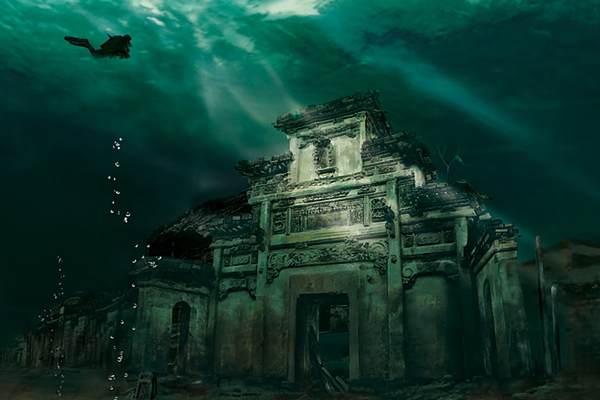
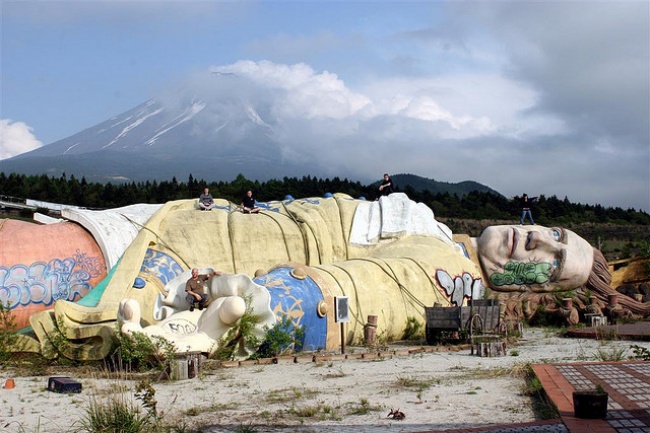
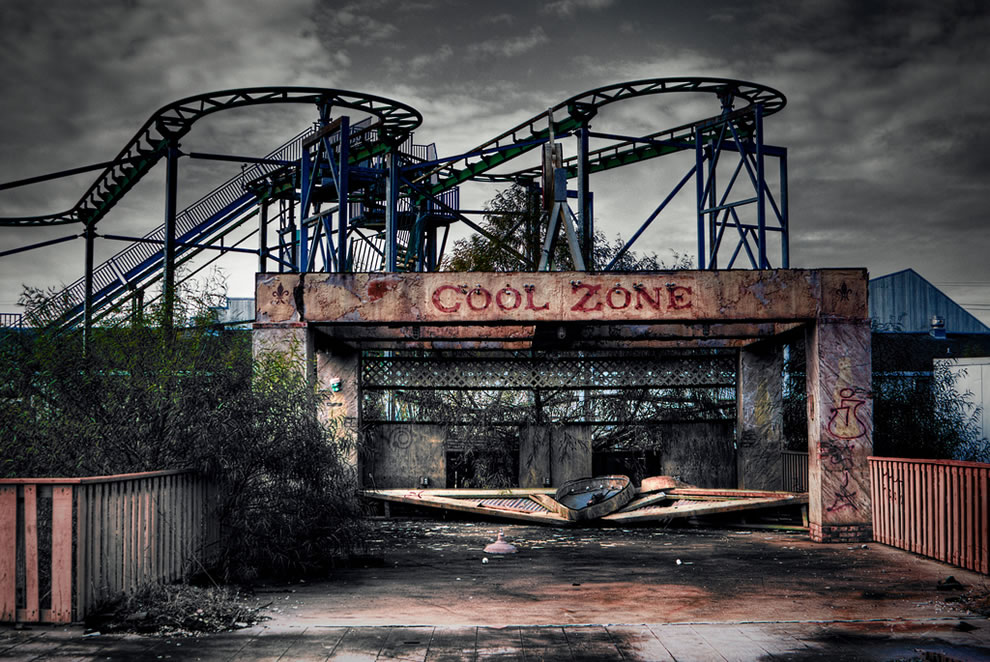

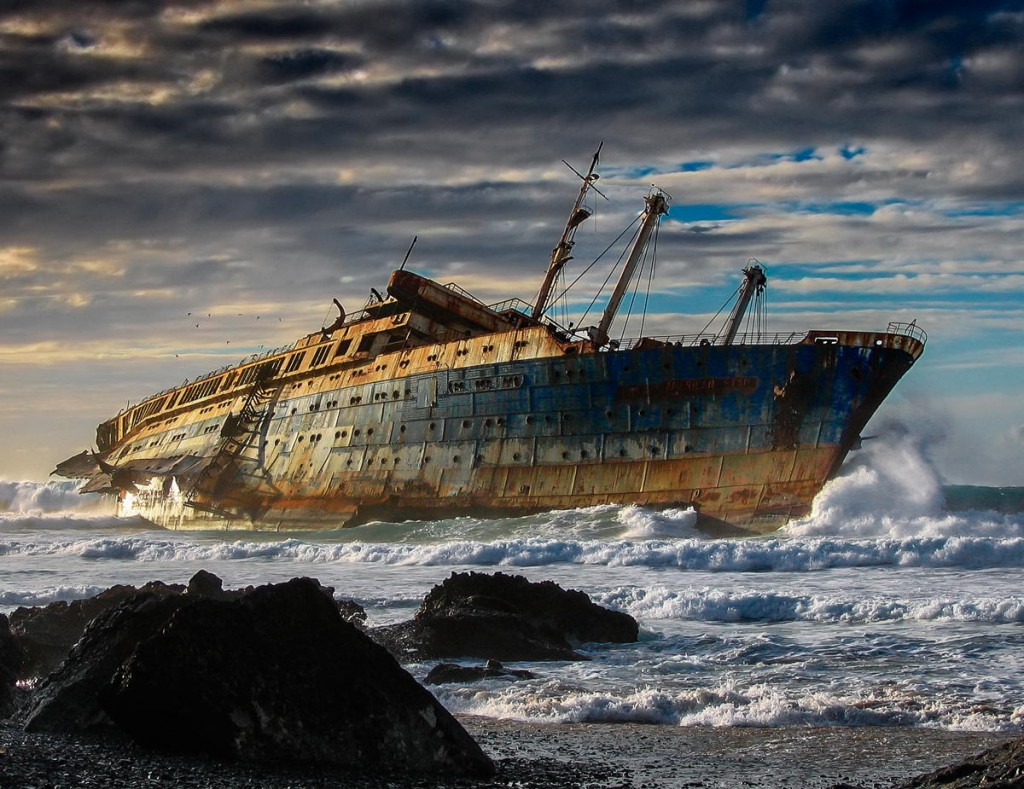
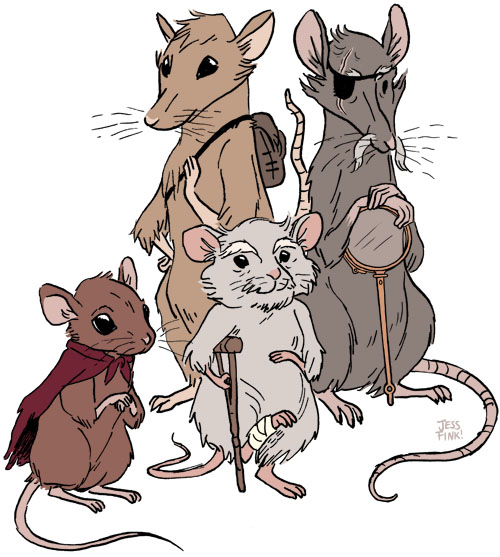

You should read 2312– a sort of plausible extrapolation of humans still existing in 300 years. In the faux history of the book we are in the 60 or so year period known as the “dithering” where everyone acknowledges the problems of climate change, etc. but no one actually does anything about it.